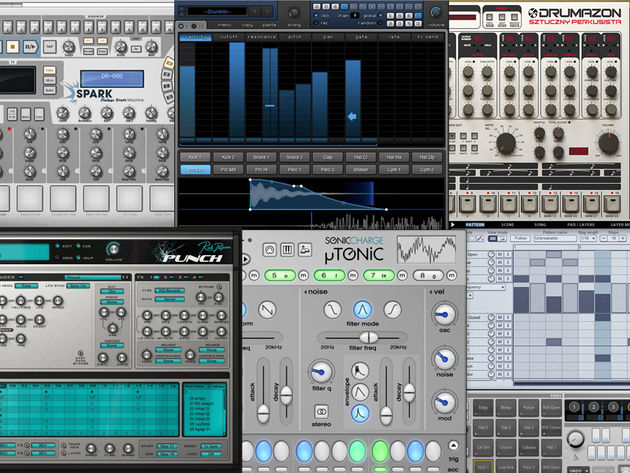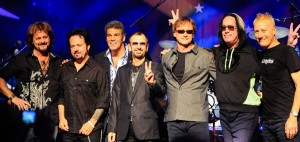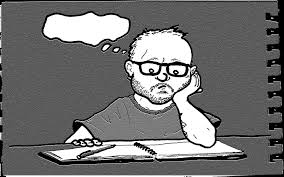 I started on the web in 1996, when websites consisted pretty much of only words on a grey background and there was no such thing as high speed internet, just dial-up connections that loaded pages literally at a snail’s pace.
I started on the web in 1996, when websites consisted pretty much of only words on a grey background and there was no such thing as high speed internet, just dial-up connections that loaded pages literally at a snail’s pace.
There were very few, if any, message boards back then. Instead, we had newsgroups that you subscribed to through your email software. I joined a group called rec.music.makers.songwriting in the hopes of connecting with other songwriters and maybe even exposing some of my own material. People would post things, just like on message boards, and others would respond. It wasn’t as nasty as it is now on places like Twitter, most responses were cordial.
One day, however, someone was asking about song form; should all songs have choruses, verses, bridges? Something to that effect. There were a bunch of opinions. I posted mine. I’m going from memory here, but essentially what I said is that a song can be anything you like, but it still has to have some kind of understandable form if you want someone else to listen to it or buy it. I said that a shirt still has to have a place to put your arms and your head and the rest of you, otherwise, it isn’t really a shirt. Someone responded pretty harshly, something I won’t repeat here. I’d never experienced anything like it before. It is still nothing like the abuse you often see on social media these days, but it stung.
But the reason I brought this up is because I know there are songwriters out there who push the boundaries and try to do something different, and I admire that. However, I still believe most of us have to make sure our songs like shirts; there has to be some kind of identifiable form. Otherwise, nobody is going to buy, or even like, the shirt. You can try to find a way to make a really unique shirt. There are many, many styles and colours, sizes and shapes of shirts to experiment with. But it still has to work as a shirt.
What do you think?
IJ
 The question today is: Has production become more important than songwriting in today’s music? It’s not a new question, but it’s important to revisit from time to time. I actually saw a discussion of this on Reddit and it got me to thinking about it again.
The question today is: Has production become more important than songwriting in today’s music? It’s not a new question, but it’s important to revisit from time to time. I actually saw a discussion of this on Reddit and it got me to thinking about it again. flowed out of us in one, sweet sitting with no editing necessary? More likely is the fact that we’ll have to work at it to get it done. When you find yourself struggling to finish a song, consider these five points:
flowed out of us in one, sweet sitting with no editing necessary? More likely is the fact that we’ll have to work at it to get it done. When you find yourself struggling to finish a song, consider these five points:
